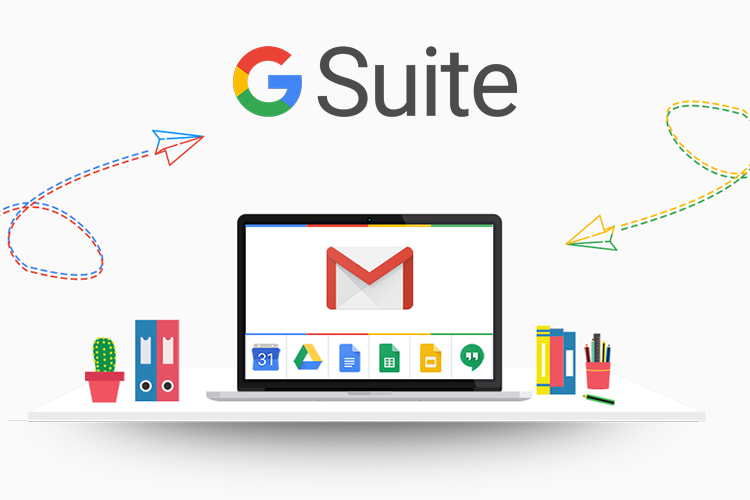
Google is often rebuked for not placing focus on the privacy of its users in certain cases, such as the recent eavesdropping reports about Google Assistant voice recordings. Well now, a former Google employee has taken to the Internet to claim that user data stored within some G Suite products, including Google Docs may not be completely secure and can be accessed by Google and law enforcement agencies.
Martin Shelton, an ex-Google employee and a principal researcher at the Freedom of the Press Foundation, in a blog post states that any organization which uses Google’s paid G Suite products has complete access to everything its employees’ data stored in any of its related services.
It has been pointed out that G Suite data is also not end-to-end encrypted, so a massive number of professionals are using Google’s services – Google Docs, Slides, Excel, Forms, and others on the daily without realizing that their data is, well, sort-of public. It’s easily accessible to the organization’s IT admin and ultimately law enforcement agencies when the need arises.
In his blog post, Shelton further states, “Documents within your G Suite domain are not end-to-end encrypted, meaning that Google has everything they need to read your data. This insight into user data means that U.S. agencies have the ability to compel Google to hand over relevant user data to aid in investigations.”
Shelton details that there are 3 different versions of G Suite available for organizations, namely G Suite Enterprise, Business, and Basic. Each offers access to varied volumes of information, with the Enterprise one allowing the admin to see which file an employee is working on within a shared Google Drive.
Documents shared on G Suite are not end-to-end encrypted, which Shelton says could prove to be a hiccup in the long run. It allows not just Google to smooch user data, but open it up to law enforcement agencies (a court order, subpoena or search warrant) as well. The company could use the data to better its services – offering spam detection or data filtering, but Shelton says it’s against their policies.